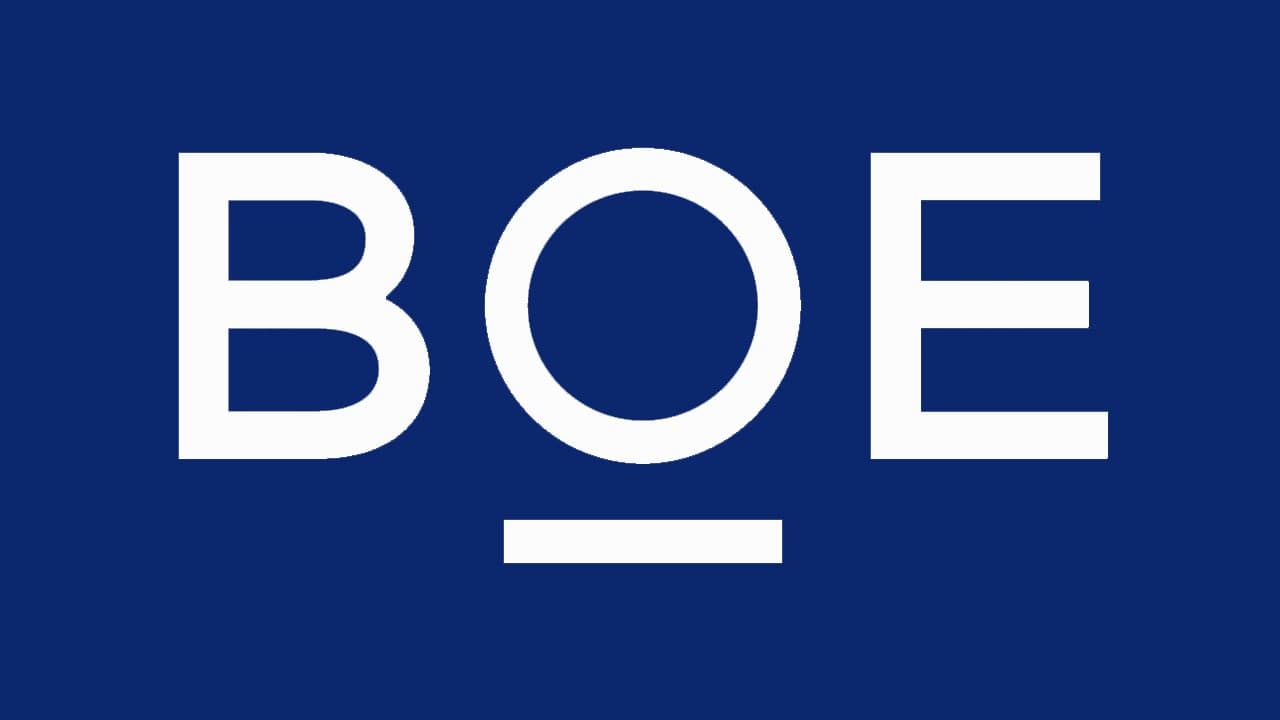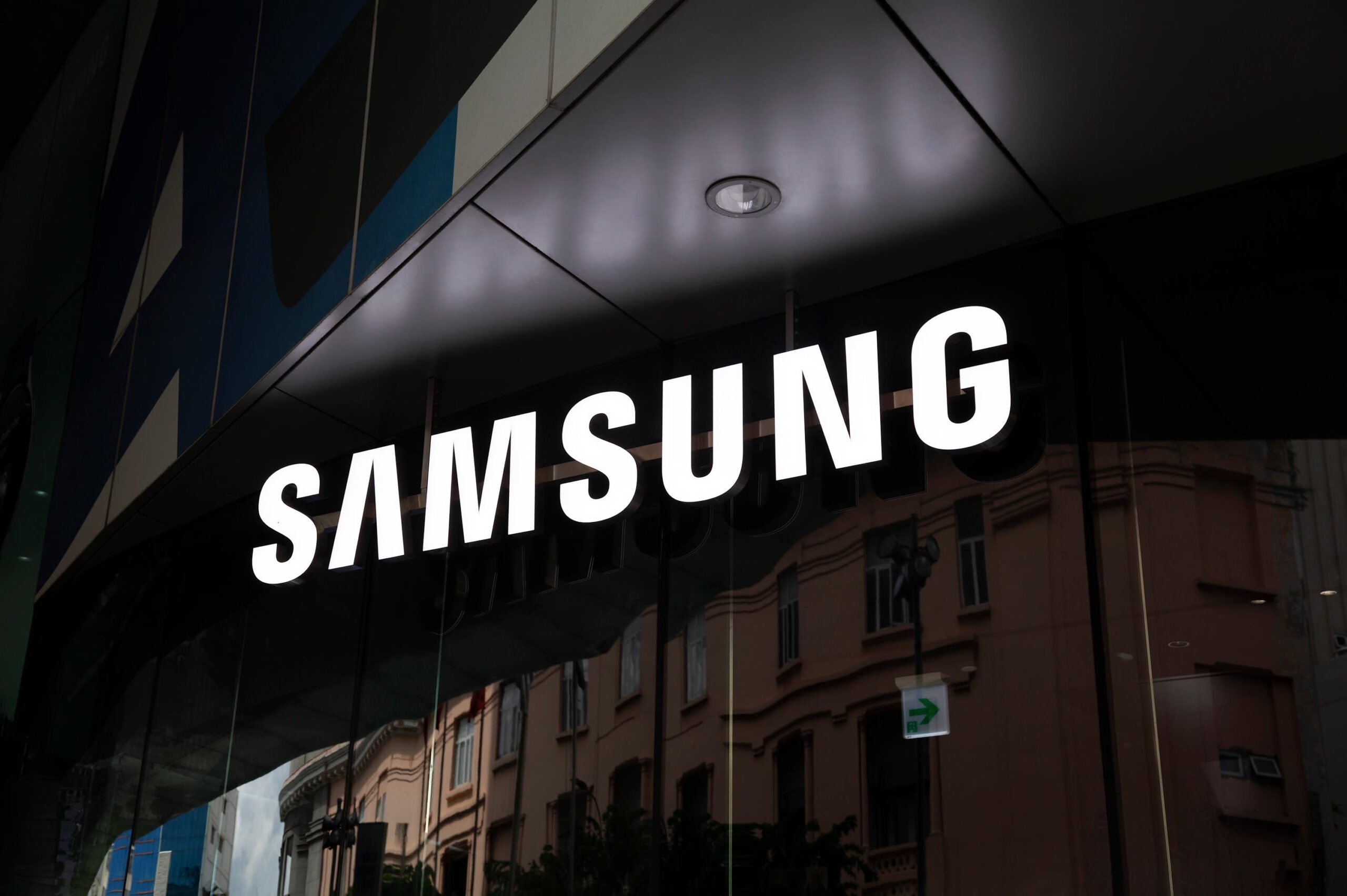According to the latest report, the information submitted by Samsung Electronics to the Financial Supervisory Service of South Korea, the top three panel suppliers of its consumer electronics business unit in 2021 are BOE, CSOT, Taiwan’s AU Optronics, of which BOE is the first to join the ranks of major suppliers.
As early as 2018, JD.com easily surpassed LG Display to become the world’s largest LCD panel manufacturer.
At the beginning of 2021, Samsung Display decided to stop the production of large LCD panels from 2022 to accelerate the upgrade to the 8th generation Quantum Dot (QD) panel. The market rush has led to a sharp drop in the price of large LCD panels.
According to Sigmaintell’s “supply and demand model”, the global LCD TV panel supply and demand ratio in the first quarter was 6.2% (area benchmark), maintaining a loose supply.
In terms of size, 32″ will gradually become balanced; the supply of medium and large size panels above 43″ will continue to be loose, and the price will maintain a downward trend.
Join Tip3x on Telegram
Specifically, the price of 32″ products is expected to maintain a slight downward trend of US$1 from January to February; the price of 43″ products is expected to maintain a decline of US$2 from January to February.
The price of 50″ products is expected to decline from January to February. To less than 5 US dollars; 55″ product supply is loose, and it is expected that the price will maintain a decline of about 5 US dollars from January to February.
In terms of large size, weak demand continues to be oversupplied. It is expected to maintain a drop of nearly 10 US dollars in January, and it is expected that the price drop in February will be narrowed to 5 US dollars.
 It is not difficult to find that the price reduction trend of various size segments has not stopped, but the price reduction has slowed down. Ovi Ruiwo pointed out that on the demand side, the demand for medium and large size panels is relatively sluggish.
It is not difficult to find that the price reduction trend of various size segments has not stopped, but the price reduction has slowed down. Ovi Ruiwo pointed out that on the demand side, the demand for medium and large size panels is relatively sluggish.
The brand’s willingness to pull goods is weak; on the supply side, the large size inventory is high, the overall supply is loose, and the strengthening of stocking at the end of the year makes the price decrease narrow.
It is reported that Samsung Display’s L8-2 production line in Asan, South Korea, is its only remaining LCD panel production line. According to Korean media reports, Samsung Display has advanced the production shutdown plan from the end of 2022 to June, and will completely withdraw from the LCD business after negotiating with Samsung Electronics.
Industry insiders bluntly said that Samsung Display’s withdrawal from the LCD business has weakened the bargaining power of Samsung Electronics and Chinese panel manufacturers.
In order to improve its bargaining power, Samsung Electronics is expanding the purchase of panels from Taiwan’s AUO and Innolux, but industry insiders believe that this is not a long-term solution.
Samsung Electronics’ TV panel prices have nearly doubled in the past year. Samsung Electronics Business reported that the company purchased 10,582.3 billion won in 2021. This is a 94.2% increase from the previous year (5,448.3 billion won). The main factor behind the growth is the rise in LCD panel prices. Samsung Electronics explained that the price of TV panels in 2021 will increase by about 39% year on year.
One solution for Samsung Electronics is to accelerate the transition to OLED-based TVs, and Chinese panel makers are actively investing in the development of large-scale OLED panel technology, but have not yet reached the mass production stage, industry insiders said.
Moreover, Samsung Electronics is negotiating the release of OLED TVs with Samsung Display and LG Display, the only company that mass-produces large OLED panels.
It can produce 10 million TV panels per year. Samsung Display will start mass production of large OLED panels in late 2021. Two Korean OLED panel makers use white (W) and blue (B) light sources, respectively.











